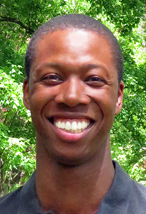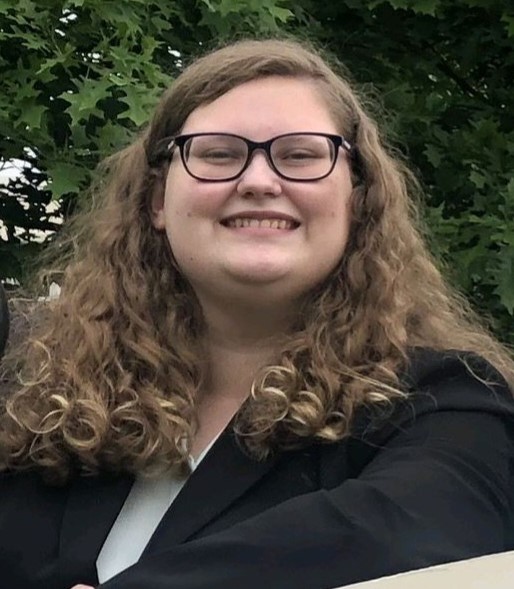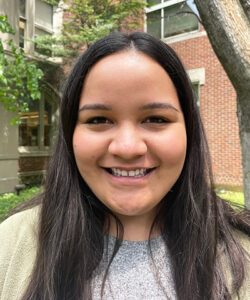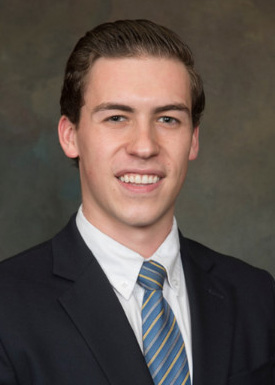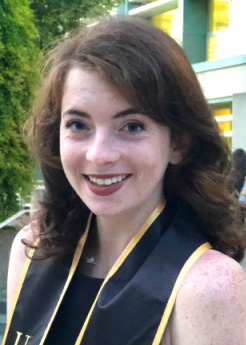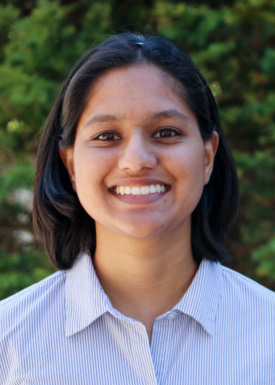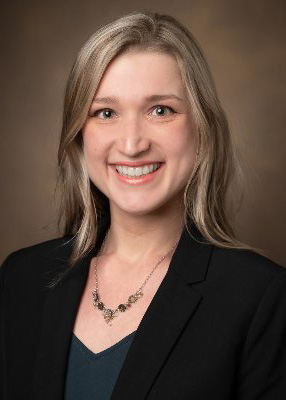The Integrated Training in Engineering and Diabetes (ITED) Program has leveraged Vanderbilt's unique multidisciplinary, highly collaborative culture in engineering and biomedical research to create a vibrant training program for PhD students and postdoctoral fellows involved in the application of engineering approaches to advance research in diabetes and metabolic diseases. |
The proximity of engineering, basic biomedical science and clinical departments on Vanderbilt’s campus, as well as a culture that encourages shared mentorship and collaboration, have proven to be key ingredients for establishing an effective interdisciplinary training program. These relationships are formalized by the unique dual-mentoring structure that is central to the ITED program, where one advisor is required to have an engineering background and the other must be a researcher with expertise in diabetes. Interactions between trainees and faculty from different backgrounds are further reinforced through formal didactic coursework, seminar programs, retreats and journal clubs that integrate topics from bioengineering, endocrinology and diabetes.
 | Left: Students and postdocs are recruited from an engineering or quantitative science background, and are trained in diabetes-related research areas using a dual-mentor approach. Their development as multidisciplinary scientists is facilitated by focused coursework and enriched by ITED program activities (seminars, retreats and journal clubs). |
PUBLIC HEALTH RELEVANCE
Diabetes is a complex disease, and understanding its complexity is critical for creating new clinical therapies to control the current diabetes epidemic, better treat its complications and lead to an eventual cure. Because engineering approaches have proven useful for solving complex biomedical problems, we propose to train a new multidisciplinary work force with the skills needed to integrate both engineering and diabetes research approaches. This will be accomplished through formal course work and an unconventional dual mentor arrangement, where each student or postdoctoral trainee is supervised by one advisor with an engineering background and another from the diabetes research field.
2021-2022 TRAINEES
| James Poland, PhD Research Description: Matrix-stimulated signaling lipids regulate the structure and function of Liver Receptor Homolog-1 (LRH-1, NR5A2) in organoid models Preceptors: Ray Blind, PhD
|
| Liz Holliday Research Description: T cell signaling requirements from multiple inputs in time and space Preceptors: Matt Lang, PhD
|
| Pi'ilani Noguchi Research Description: Joint action of microtubule-dependent molecular motors in insulin transport and positioning Preceptor: Irina Kaverina, PhD
|
| Hayden Pagendarm Research Description: To examine the role of exosomes and other extracellular vesicles (EVs) as cancer therapeutics Preceptor: John Wilson, PhD
|
| Kyra Smart Research Description: Understanding the progression of metastatic breast cancer and the mechanism by which diabetic hyperglycemia can worsen cancer prognosis Preceptor: Cynthia Reinhart-King, PhD
|
| Deveena Banerjee Research Description: Exploring the role of G6pc2 on islet and whole-body metabolism Preceptor: Jamey Young, PhD
|
| Blythe Hospelhorn Research Description: Quantitative understanding of transcription regulation in eukaryotic cells Preceptor: Gregor Neuert, PhD
|
| Angela Kruse, PhD Research Description: 3-D molecular reconstruction of the human pancreas using integrated light sheet microscopy and imaging mass spectrometry Preceptors: Richard Caprioli, PhD; Anita Mahadevan-Jansen, PhD
|
ADDITIONAL DETAILS:
-
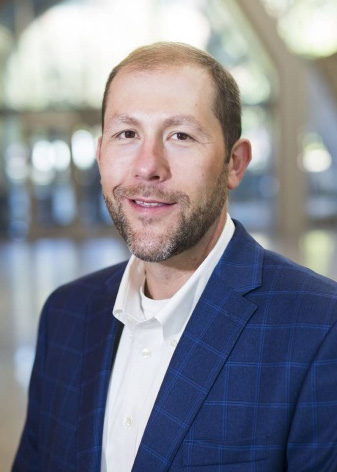
Program Director
Professor of Chemical and Biomolecular Engineering
Professor of Molecular Physiology & Biophysics
-
2019-2020 TRAINEES
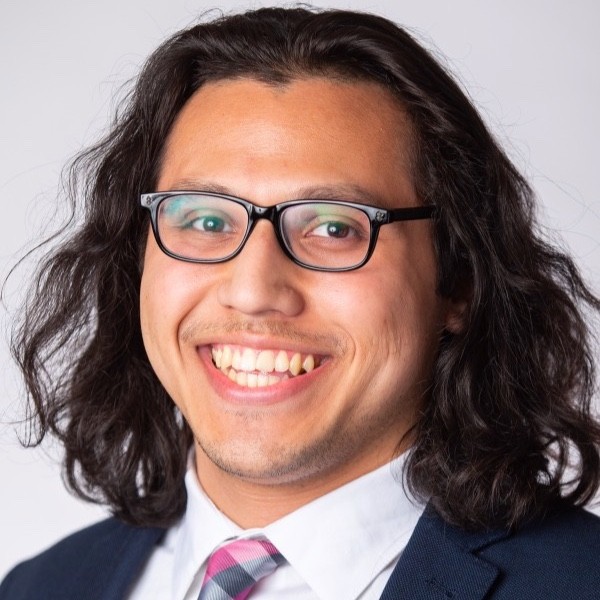
Greg Berumen
Research Description: Exploring extracellular vesicles, specifically in the context of breast cancer and how cellular communication between different cells is altered after irradiation therapy
Preceptor: Marjan Rafat, PhD
 PhD student
PhD student 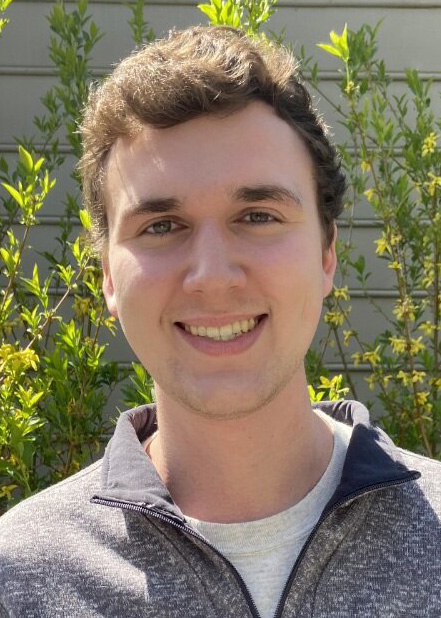
Sam Thompson
Research Description: iPSC-derived model systems for analysis of neurovascular metabolism
Preceptors: Ethan Lippmann, PhD; Jamey Young, PhD
 PhD student
PhD student 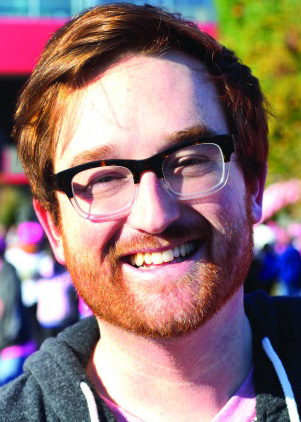
Kevin Corn
Research Description: Evaluating the effect of obesity on immune cell behavior following normal tissue damage
Preceptors: Marjan Rafat, PhD; Alyssa Hasty, PhD
 PhD student
PhD student 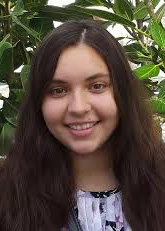
Lucinda Pastora
Research Description: Liver-targeted nanoparticle-mediated delivery of cGAS and STING antagonists for the treatment of nonalcoholic steatohepatitis
Preceptors: John Wilson, PhD; Alyssa Hasty, PhD
 PhD student
PhD student 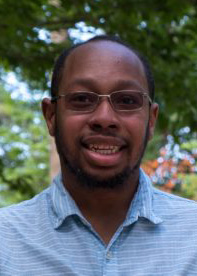
Jason Hughes
Research Description: Understanding the molecular mechanism of chromatin regulation in kinetic environments
Preceptors: Gregor Neuert, PhD; Roland Stein, PhD
 PhD student
PhD student 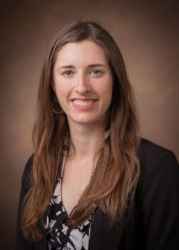
Deborah Roby, PhD
Research Description: Capillary endothelial structure and function on skeletal muscle insulin resistance
Preceptors: David Wasserman, PhD; Cynthia Reinhart-King, PhD
 Postdoc
Postdoc 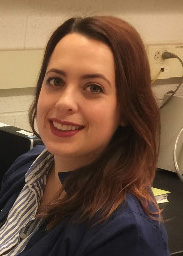
Kelsey Voss, PhD
Research Description: T cell metabolism and CRISPR screens to identify new targets in type I diabetes
Preceptors: Jeffrey Rathmell, PhD; Jamey Young, PhD
 Postdoc
Postdoc 2018-2019 TRAINEES
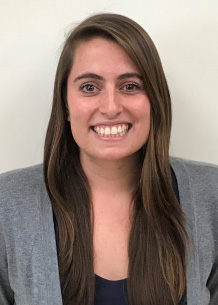
Sarah Sacco
Research Description: Metabolic determinants of lipotoxicity in hepatocytes
Preceptors: Jamey Young, PhD; Richard O'Brien, PhD
 PhD student
PhD student 
Lauren Griggs, PhD
Research Description: Isolating and analyzing collagen from a diabetic mouse model
Preceptors: Cynthia Reinhart-King; Ambra Pozzi, PhD
 Postdoc
Postdoc 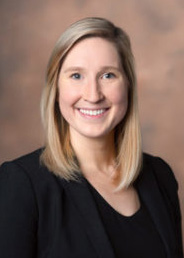
Lauren Boller
Research Description: Assessing the cellular response to osteoinductive bone grafts
Preceptors: Scott Guelcher, PhD; Julie Sterling, PhD
 PhD student
PhD student 
Nicholas Marinelli
Research Description: Utilizing the iPSC model to better understand native BBB metabolism and how it becomes altered under conditions that relate to diabetes (e.g. hyperglycemia)
Preceptors: Ethan Lippmann, PhD; David Wasserman, PhD
 PhD student
PhD student 2016-2017 TRAINEES
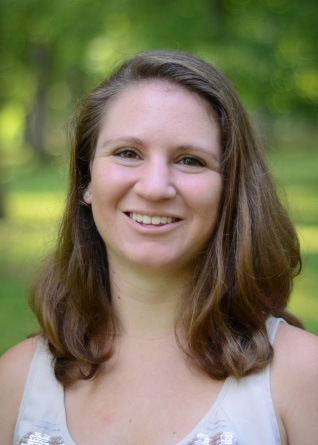
Stephanie Dudzinski
Research Description: Enhancing immunotherapy efficacy in obesity
Preceptors: Todd Giorgio, PhD; Jeffrey Rathmell, PhD
 PhD student
PhD student 
Nicholas Mignemi, PhD
Research Description: The role in skeletal muscle vascular alteration in insulin resistance
Preceptors: Owen McGuiness, PhD; Craig Duvall, PhD
 Postdoc
Postdoc 2015-2016 TRAINEES

Clinton Hasenour, PhD
Research Description:
Preceptors: Jamey Young, PhD; David Wasserman, PhD
 Postdoc
Postdoc 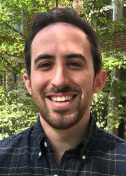
Bryan Dollinger
Research Description: Protection of pancreatic islets from cytotoxic ROS in PPS-based, thermoresponsive hydrogels
Preceptors: Craig Duvall, PhD; Al Powers, MD
 PhD student
PhD student 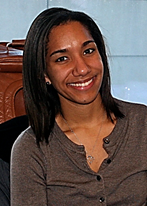
Myriam Diaz
Research Description:
Preceptors: Brian Welch, PhD; Masakazu Shiota, DVM, PhD
 PhD student
PhD student 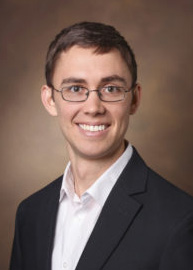
Christian Meyer
Research Description: Developing methods to induce endocrine transdifferentation based on simulations of gene regulatory networks
Preceptors: Vito Quaranta, MD; Scott Guelcher, PhD; Christopher Wright, DPhil
 PhD student
PhD student 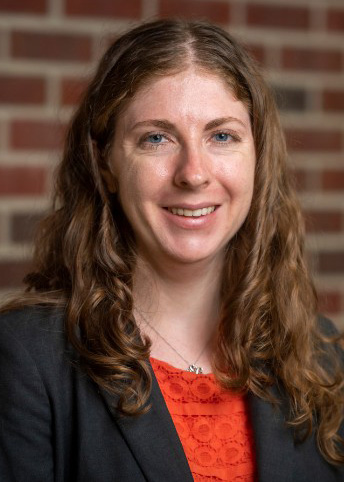
Amy Creecy
Research Description: The effect of type 2 diabetes on bone matrix
Preceptors: Jeffrey Nyman, PhD; Maureen Gannon, PhD
 PhD student
PhD student 2014-2015 TRAINEES
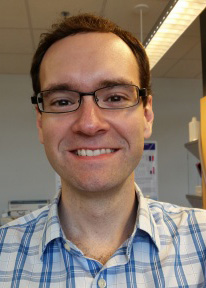
Matthew Dickerson, PhD
Research Description:
Preceptors: David Jacobson, PhD; Matthew Lang, PhD
 Postdoc
Postdoc 
John Martin
Research Description: Investigating the local delivery of siRNA from ROS-degradable tissue engineering scaffolds to promote healing in diabetic wounds in rats
Preceptors: Craig Duvall, PhD; Jeffrey Davidson, PhD
 PhD student
PhD student
